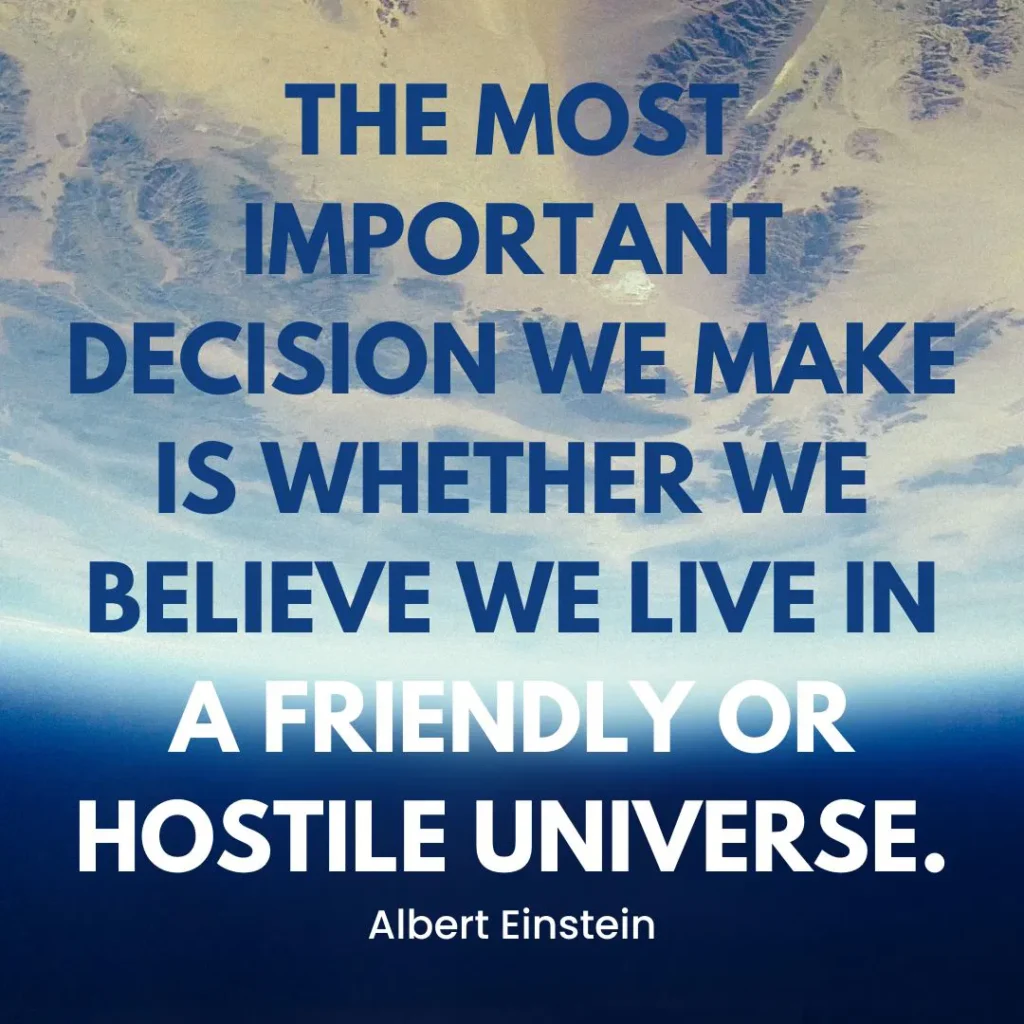How the ‘Nice Guy’ Trap Is Secretly Sabotaging Your Life

Do you pride yourself on being the “nice guy”? You know, the guy who always says yes, avoids conflict, and does everything to make others happy? It sounds admirable, right? But what if I told you that this very behavior—the ‘nice guy’ approach—is secretly ruining your life? Yes, being the nice guy might be setting you up for failure in ways you never even considered.
The ‘Nice Guy’ Trap: What No One Talks About
Society has long told us that being nice will get us far. “Be nice, and people will like you.” “Be nice, and things will fall into place.” But here’s the unspoken truth: being the nice guy often leads to frustration, resentment, and a life where your needs are constantly put on the back burner.
The world doesn’t reward ‘nice’ the way you think it does. And the harsh reality is, while you’re bending over backward to make everyone else happy, you’re the one left feeling empty and unfulfilled. That’s the ‘Nice Guy Trap.’
The Problem: Being ‘Nice’ Isn’t the Same as Being Valued
Here’s the thing: being nice and being respected are two completely different things. Nice guys often believe that if they’re accommodating enough, if they avoid confrontation, and if they put others first, they’ll naturally earn respect and appreciation in return. But this is rarely the case.
In fact, people often take advantage of nice guys. Why? Because when you’re always putting others’ needs ahead of your own, you’re sending a message that your needs don’t matter. And if you don’t value your own needs, why should anyone else?
Take a moment to think about this: How many times have you said yes when you really wanted to say no? How many times have you avoided conflict just to keep the peace, even though you felt resentment building up inside?
The Bold Truth: Nice Guys Aren’t Actually Nice
Here’s the bombshell: nice guys aren’t actually as nice as they seem. Beneath the surface, nice guys often harbor resentment, frustration, and even anger. Why? Because they’re constantly sacrificing their own needs in the hopes of gaining approval, validation, or affection.
But here’s the kicker: this approval rarely comes. And the result? A nice guy who feels like the world is unfair, that no one appreciates him, and that he’s being taken for granted. But instead of addressing the issue head-on, he buries it deeper, continuing the cycle of being nice in the hopes that eventually, things will change. Spoiler alert: they won’t.
Real-Life Example: Mark’s Story
Let’s take Mark as an example. Mark is the quintessential nice guy. He’s the guy who always agrees to cover for his coworkers, even when he’s already overwhelmed. He’s the friend who never says no to a favor, even when it means sacrificing his own plans. He’s the boyfriend who avoids arguments at all costs, even when he’s deeply unhappy.
On the surface, Mark seems like the perfect guy—always reliable, always helpful, always agreeable. But beneath that surface, Mark is a ticking time bomb of frustration. He’s constantly putting others’ needs first, and in return, he feels invisible. People expect him to say yes to everything, but no one ever asks him what he wants.
The result? Mark’s relationships start to crumble. He feels taken advantage of at work, his friendships feel one-sided, and in his relationship, he’s growing distant. Why? Because he’s built his entire identity around being the ‘nice guy,’ and it’s slowly draining him.
Shift Your Perspective: Being ‘Nice’ Isn’t the Same as Being Kind
Now, let’s clarify something: there’s a difference between being ‘nice’ and being kind. Nice guys do things for others in the hopes of receiving something in return—whether it’s approval, love, or validation. Kind people, on the other hand, act from a place of genuine care, without expecting anything in return.
Nice guys often give because they need to feel liked or appreciated. Kind people give because they want to help, but they’re also not afraid to set boundaries and say no when necessary.
Here’s a thought: when was the last time you said no to someone and felt okay about it? If that thought makes you uncomfortable, it’s a sign you’re trapped in the ‘nice guy’ cycle.
The Nice Guy’s Biggest Fear: Conflict
One of the biggest reasons nice guys get stuck in this trap is their fear of conflict. They believe that if they disagree or say no, they’ll lose the approval and affection of others. But here’s the truth: conflict isn’t inherently bad. In fact, conflict is necessary for healthy relationships.
Think about it: how can you have a meaningful connection with someone if you’re always hiding your true feelings, avoiding disagreements, and pretending everything is fine when it’s not?
Healthy conflict leads to growth. It’s how we learn about each other’s needs, boundaries, and desires. By avoiding conflict, nice guys are actually sabotaging their relationships, ensuring that their true needs are never met.
Action Step: Stop Being the ‘Nice Guy’ Today
So, how do you break out of the ‘Nice Guy Trap’? It starts with setting boundaries and learning to say no. Yes, this will feel uncomfortable at first. You’ve spent years, maybe decades, saying yes to everything in the hopes of being liked. But here’s the reality: true respect comes from being assertive, not from being a pushover.
Here’s a challenge: the next time someone asks you to do something you don’t want to do, pause. Instead of immediately saying yes, take a moment to think about whether you actually want to do it. If the answer is no, be honest. Saying no doesn’t make you a bad person—it makes you someone who values their own time and energy.
Conclusion: Don’t Let Niceness Sabotage Your Life
The nice guy trap is real, and it’s sabotaging more than just your relationships. It’s draining your energy, damaging your self-esteem, and keeping you stuck in a cycle of frustration and resentment.
But here’s the good news: you can break free. It starts with recognizing that being nice isn’t the same as being valued. It starts with setting boundaries, saying no, and understanding that true kindness comes from a place of strength, not weakness.
So, the next time you feel the urge to say yes just to keep the peace, remember this: you deserve more than just being liked—you deserve to be respected. And that starts with respecting yourself.
Thought-Provoking Questions:
- In what areas of your life have you been saying yes out of obligation rather than desire?
- What would happen if you started setting boundaries and saying no more often? How would that change your relationships?



